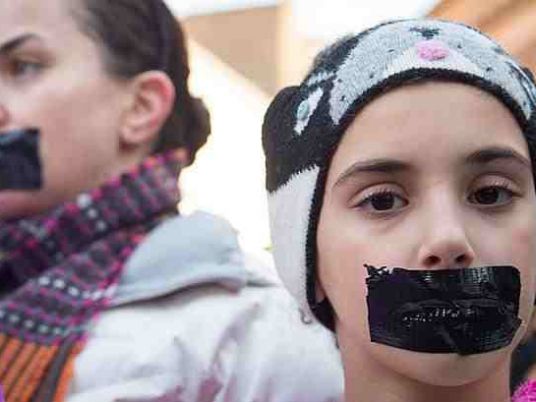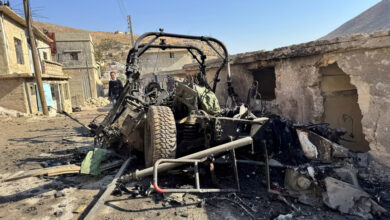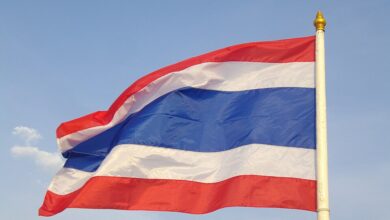
During a meeting with the Egyptian Foreign Ministry, foreign correspondents and journalists based in Egypt received a handout with new instructions and terminologies to be used during their coverage.
CBS reporter Alex Ortiz shared the government instructions on his Twitter account:
Egypt's Foreign Ministry issues foreign press corps a style guide for how we should describe terrorist groups. pic.twitter.com/AAn9MNcLxC
— Alex Ortiz (@azortiz) July 4, 2015
The document included the use of certain terms including a terrorist, extremist, criminal, executioner, assassins, destructive, fanatic, executioner, murderer.
The Foreign Ministry stressed that some terms should not be used while describing some terrorist groups including Islamists, Islamic groups, jihadists, Sheikhs, princes, scholars and any Islamic State various derivatives.
These terms, the statement said, merely tarnish the religion of Islam and should be avoided.
Moreover, the Foreign Minister Sameh Shokry condemned foreign media for disseminating inaccurate figures and statistics about the victims of recent events.
Shokry blamed foreign correspondents for describing what was happening in Sinai by the "civil disobedience" or "rebellion", stressing it was a criminal and terrorist attack.
“Over the last two years the Muslim brotherhood has proved that it is the intellectual umbrella for all extremist movements around the world," Shokry said.
He referred to the effort exerted by the religious institutions topped by Al-Azhar and Dar Al-Iftaa to explain and clarify true concepts to block the way to terrorist organizations that are veiling under religion to achieve their goals and objectives.
It was noticeable that most news agencies used terms like “Islamic state, militants and “deadliest fighting” during the coverage of the peninsula’s deadly attack.
“This is not professionalism,” Mehrez Ghaly, professor of press at the Faculty of Journalism at Cairo University, told Egypt Independent, adding that it is a direct attempt to interfere in one of the key elements in a journalist's code of ethics: objectivity.
He further explained that the idea of identifying some groups by giving them alternative names such as terrorists or slaughters in press is a clear attempt to politicize the situation. He gave the example of how the United States has often named any attack against Israel as “terrorism”, which is considered to be violation to journalist’s objectivity.
“It’s unfair that some governments identify groups differently than others. It could only happen in one case if international human right organizations agreed to name these groups,” Ghaly said.
Meanwhile, on Sunday the government and Dar Al-Ifta approved a new anti-terrorism law, which includes Article 33 that sets a minimum of two years imprisonment to journalists whoever deliberately publishes news or information on terrorist attacks that is contrary to official statements.
“The current regime, instead of fighting terrorism through popular will, has decided to confiscate the press freedom, claiming it is fighting terrorism,” Khaled Al-Balshy Journalist Syndicate member said.
He further explained that the article law did not only conflict with the 2014 Constitution, but it wasted the gains obtained by the journalist community’s lengthy history of struggles.
Al-Balshy said that the draft law includes five articles that curb the freedom of the press and even shut the door to information transaction as well, considering it a significant retreat from the constitutional articles.
“Perhaps the most serious is Article 33 which came to enabled wider imprisonment and detention to journalists who are trying to be objective,” he said.




